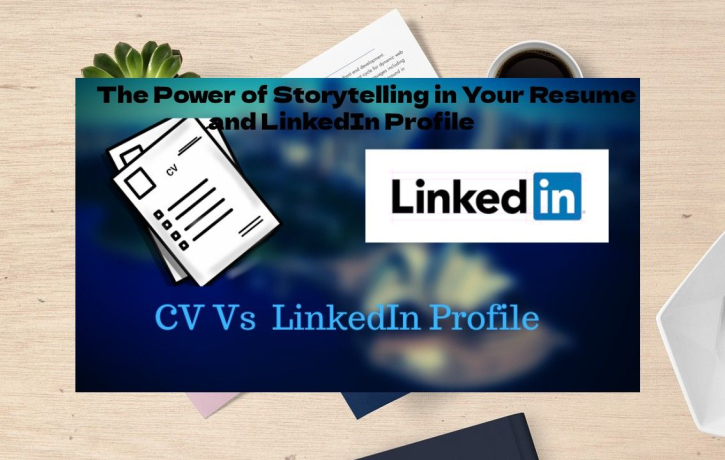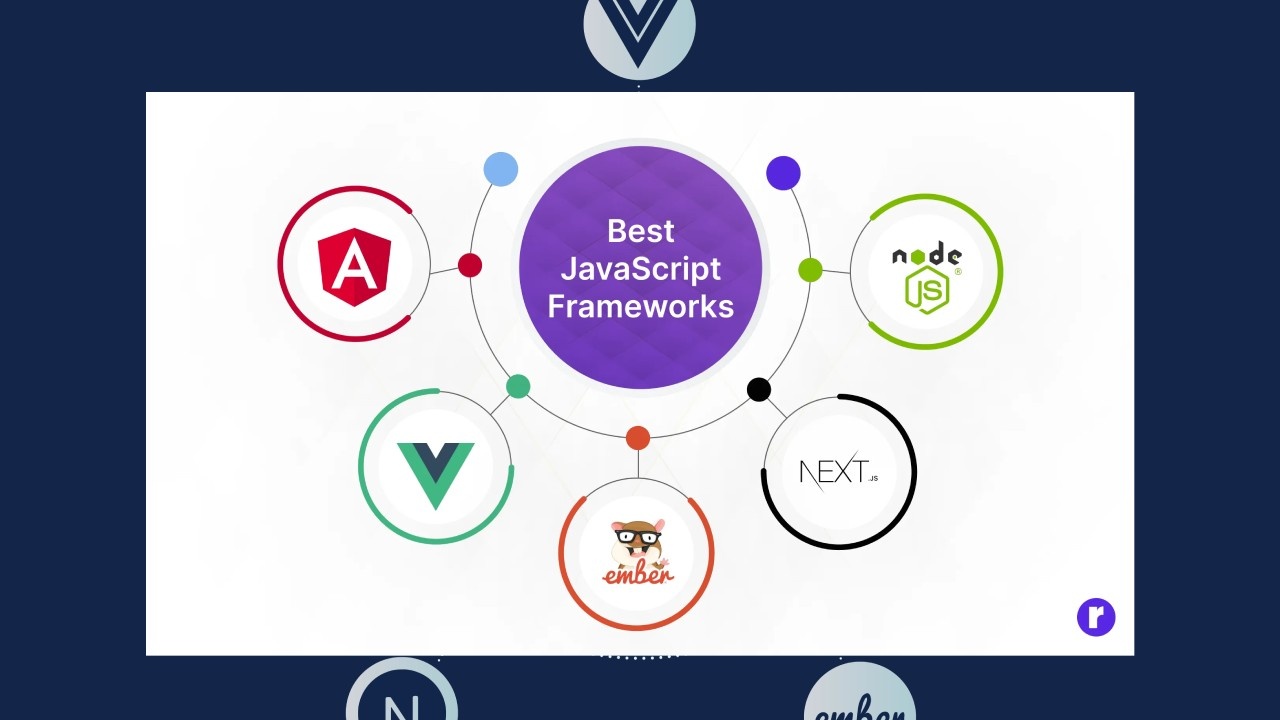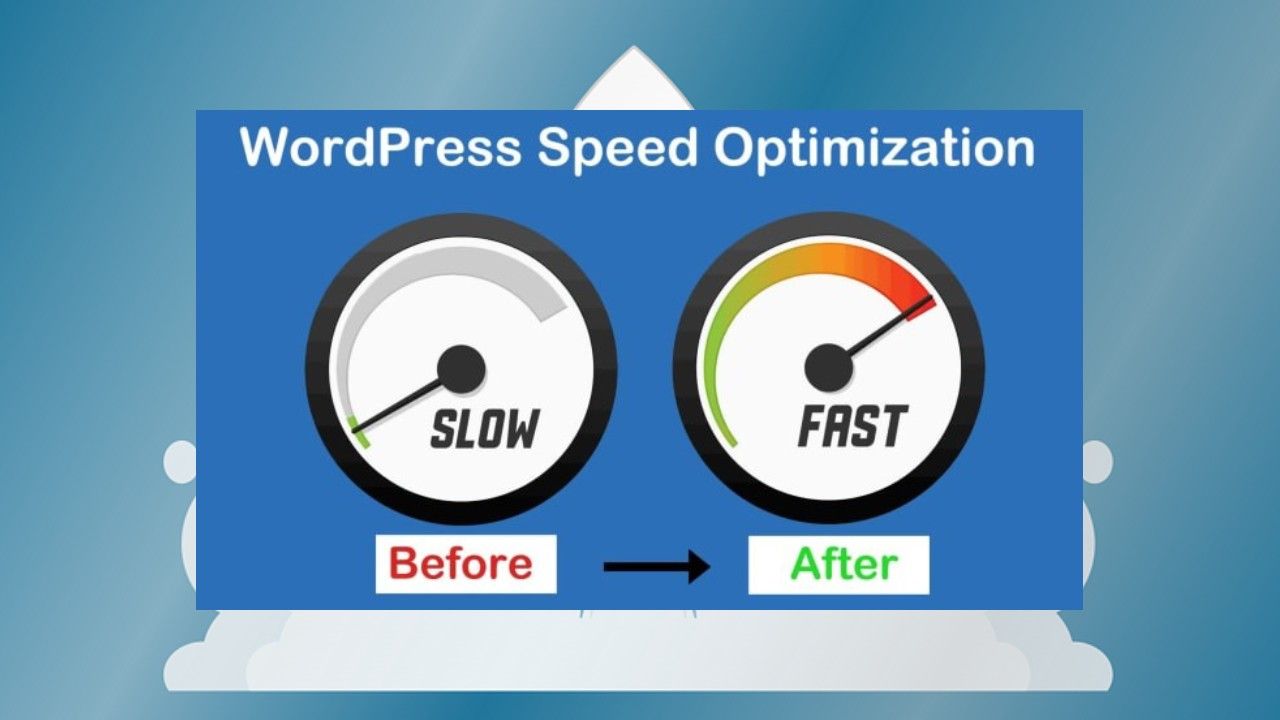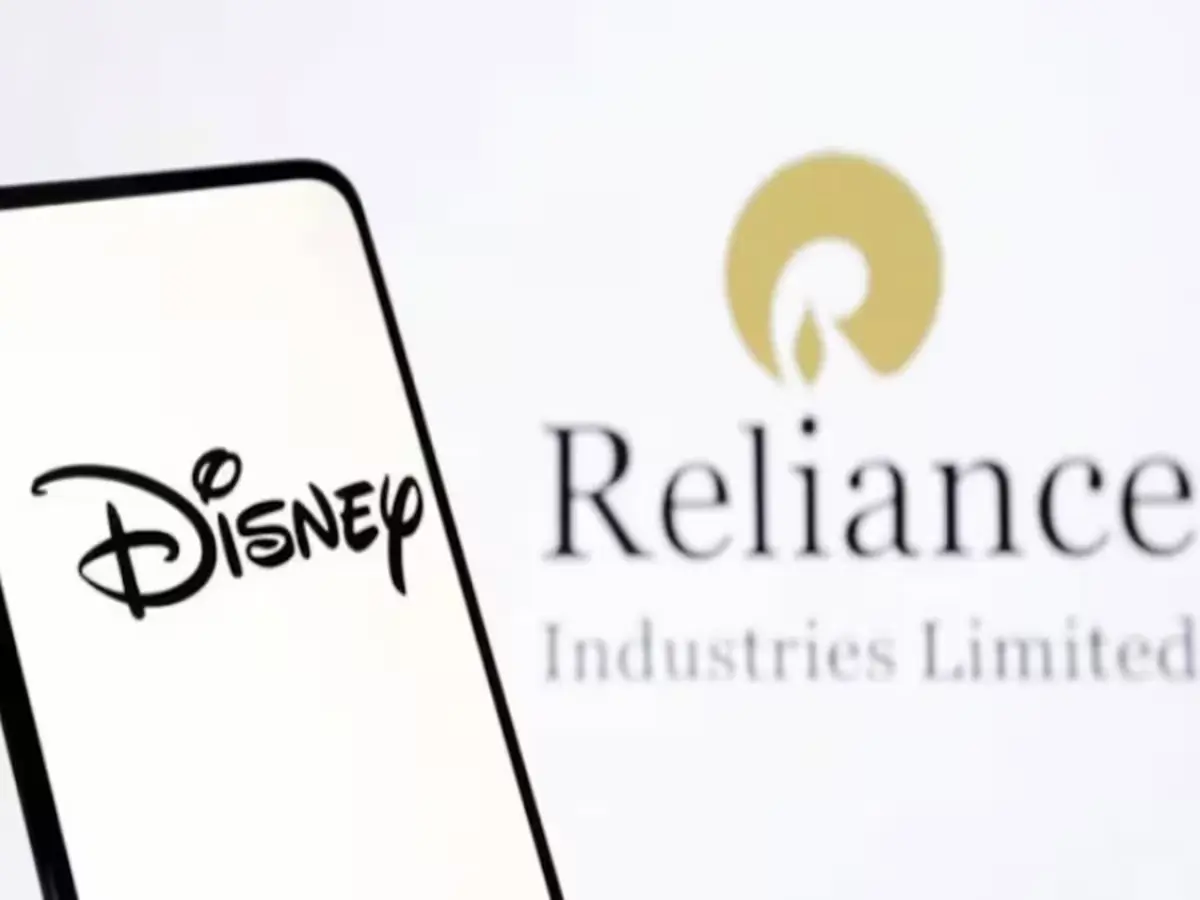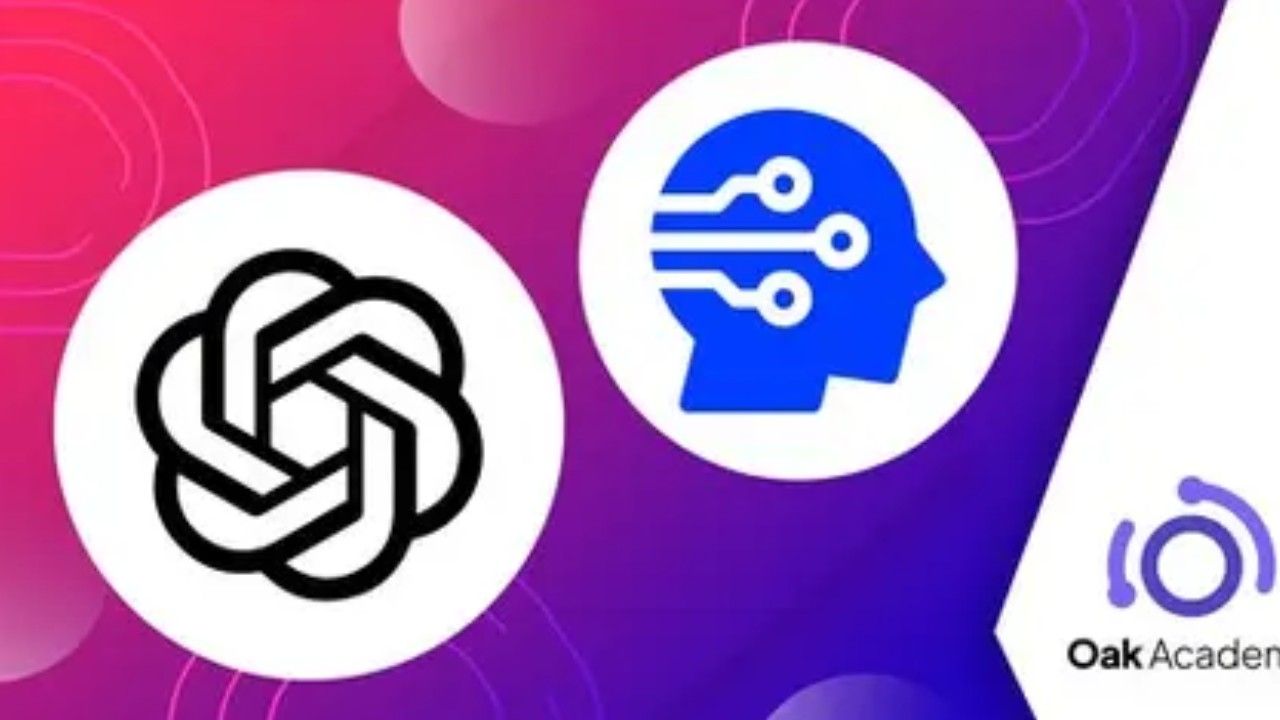
In today’s competitive job market, having a standout resume and LinkedIn profile is essential for catching the attention of hiring managers and recruiters. However, listing your skills and experience is not enough to make an impact. To stand out from the crowd, you need to weave storytelling into your professional narrative. Storytelling in your resume and LinkedIn profile is not only about listing achievements but about portraying your journey, skills, and value to the employer. This article explores the power of storytelling and how to make it effective for your resume and LinkedIn profile.
Why Storytelling Matters in Your Resume and LinkedIn Profile
Storytelling is a great tool because it allows you to connect with your audience on a deeper level. A well-crafted story can captivate a hiring manager, making you more memorable and relatable. Applied to your resume and LinkedIn profile, storytelling helps humanize your career path, showing how your experiences have shaped your professional identity. It allows you to demonstrate the impact you’ve had in your roles, rather than just listing job duties.
Storytelling can help you stand out in an ocean of candidates with more or less the same credentials. While most applicants list skills and accomplishments, storytelling can help you to relate to your journey, the passions, the problems that arose, and how growth could be seen. These deep connections are more likely to resonate with decision-makers, who will lead to potential opportunities.
How to Infuse Storytelling in Resume
Your resume is going to be the first impression of you to a recruiter, so it needs to quickly convey your skills, experience, and value. Here’s how you can incorporate storytelling into your resume:
1. Start with a Compelling Summary
Summary Top of resume: The place to introduce the story of your career. Instead of just listing the title of the job and a few general skills, write a narrative telling of professional experience. Tell about:
Your career arc: Point out your career trajectory. This will show the journey of how you have developed over time. If you transitioned into a new industry or took on new challenges, mention how those experiences shaped your expertise.
What excites you: Talk about what gets you excited in your field and what keeps you motivated. This is insight for recruiters into your passion and long-term vision.
Key achievements: Briefly elaborate on some of the biggest impacts you have made or are making in your field.
Example: “Results-driven marketing professional with over 10 years of experience crafting innovative campaigns that drive brand awareness and revenue growth. My passion for understanding consumer behavior has led me to develop data-driven strategies that have consistently exceeded performance metrics. Throughout my career, I’ve worked with leading brands to launch high-impact campaigns, resulting in a 30% increase in customer engagement and a 15% growth in sales.”
2. Showcase Achievements Through Stories
Avoid simply rattling off general duties performed while in job positions; rather describe specific, tangible differences and changes that you’ve instituted in each of the situations. Position your accomplishments in the mold of little narratives indicating your capacity to find appropriate solutions for problems encountered with initiative to act toward productive results. Apply the framework of STAR, in any order preferred, where in this way: Situation and Task for Action that Leads to Results:.
Action: Detail the steps you took to solve the problem.
Result: Share the outcome, preferably with quantifiable data.
Example: “Revamped the company’s social media strategy during a period of declining engagement. By analyzing user data and implementing a more targeted content calendar, we saw a 40% increase in follower growth and a 25% boost in engagement within the first quarter.”
3. Use Action-Oriented Language
Use action words and strong writing to bring life to your tales. Phrases such as “led,” “spearheaded,” “transformed,” and “accelerated” convey initiative and leadership. Action-oriented words help the reader feel the contributions come alive and in a stronger, more potent way as they read into the narrative of your career.
4. Customize Resume for Job
Your resume needs to be customized for each job that you apply for. Your storytelling needs to change in alignment with the skills and experiences most relevant to the job at hand. For example, if you’re applying for a leadership position, then focus on stories that have highlighted your leadership, team-building, and strategic decision-making abilities.
How to Use Storytelling in Your LinkedIn Profile
While your resume is often concise and tailored for specific job applications, your LinkedIn profile offers a broader opportunity to tell your career story. LinkedIn allows for a more detailed narrative, enabling you to showcase your personality, values, and long-term professional journey. Here’s how to effectively use storytelling in your LinkedIn profile:
1. Craft an Engaging Headline
Your LinkedIn headline doesn’t have to be your job title. Use this space to briefly tell your story and highlight what sets you apart. Instead of just saying “Marketing Manager,” for instance, you could say, “Marketing Manager | Helping Brands Connect with Consumers Through Data-Driven Strategies.” That immediately communicates both your role and your approach to work.
2. Write a Compelling Summary
Your LinkedIn summary is a key storytelling section. This is where you can go beyond your resume to give a more personal account of your career. Write your summary as if you are telling a story to a potential employer or colleague. It should cover:
Your professional journey: Discuss how you got to where you are today. Mention significant milestones, career shifts, or pivotal moments that have shaped your career.
Your motivations: Explain why you do what you do, what drives you, and what you are passionate about in your work.
Key accomplishments: Share some of your major achievements, but within the context of what they meant to the business or industry.
Example: “From a young age, I was fascinated by the power of storytelling, which led me to pursue a career in marketing.”. Over the past decade, I’ve worked with companies across various industries, developing data-driven marketing campaigns that resonate with customers and drive results. My passion for combining creativity with analytics has led to a track record of campaigns that increased brand engagement and sales. I’m always looking for new ways to innovate and tell stories that inspire.”
3. Highlight Your Work Experience with Context
In your LinkedIn experience section, do not just list job titles and responsibilities. Frame each position within the context of your career story. Share the challenges you faced, the actions you took, and the results you achieved. This helps potential employers understand not just what you did, but how you made an impact.
4. Leverage LinkedIn Features to Add Depth
LinkedIn offers various features to enrich your profile and further tell your story:
Recommendations: Ask colleagues or managers to write recommendations that speak to your strengths and impact.
Featured Media: Upload work samples, projects, articles, or presentations that showcase your achievements and expertise.
Skills & Endorsements: Highlight your key skills and ask for endorsements from colleagues or clients to validate your expertise.
Conclusion: Let Your Story Shine
Storytelling in your resume and LinkedIn profile is about not just listing experiences, but weaving a narrative showing who you are, what you have achieved, and where you are headed. Incorporating storytelling techniques—such as framing your achievements in terms of stories, action-oriented language, and content tailoring—will separate you from the competition and enable a more personal connection with recruiters and hiring managers. Whether you’re crafting your resume or updating your LinkedIn profile, don’t be afraid to let your professional story shine.

